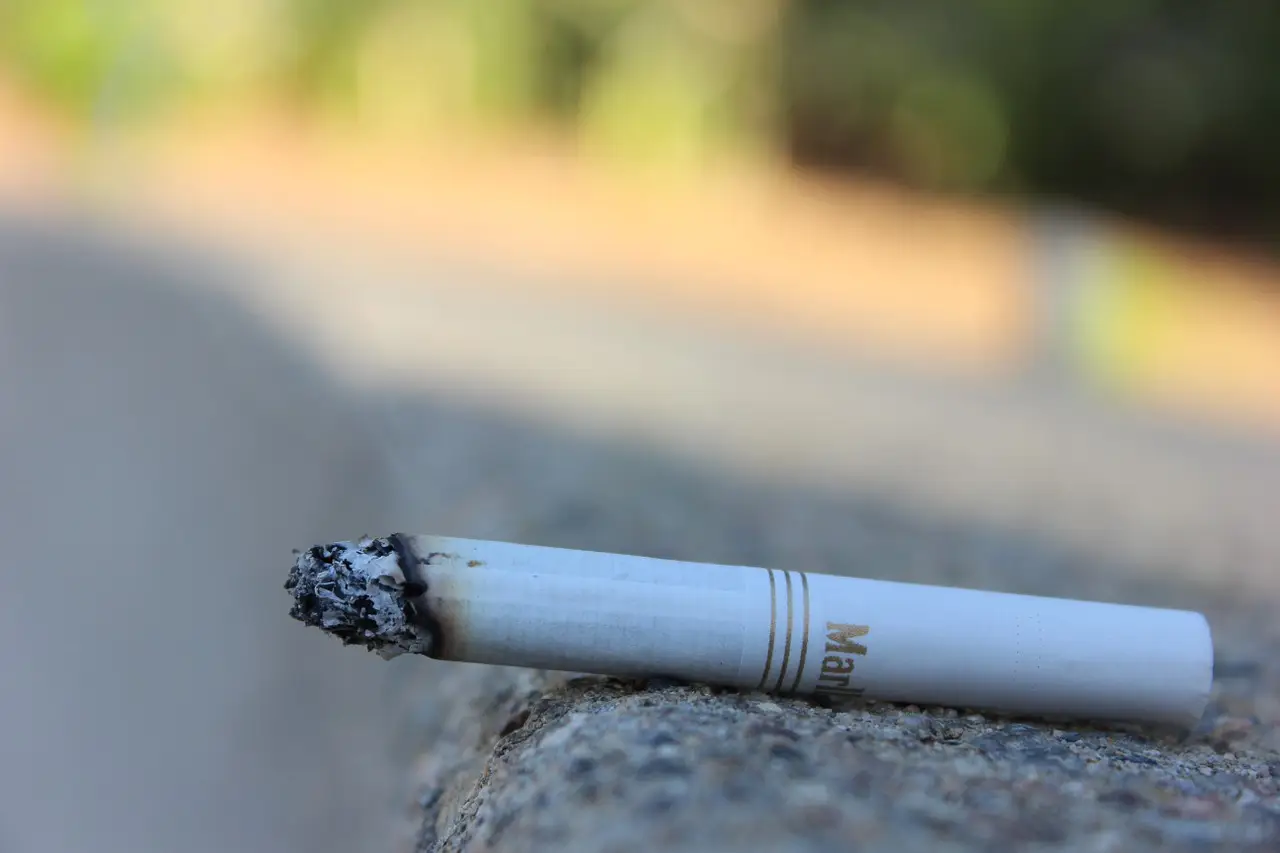
Secondhand Smoke and Cancer: The Connection
Cigarette smoking is one of the leading causes of cancer and other health problems. But did you know that secondhand smoke, also known as passive smoking, can also cause cancer?
Secondhand smoking is the mixture of the smoke from a burning cigarette as well as the smoke released by the smoker. The smoke carries more than 7,000 chemicals, including 70 known to cause cancer. In this blog, we’ll explore the connection between passive smoke and cancer, and what you can do to protect yourself.
What is Secondhand Smoking?
As mentioned earlier, secondhand smoke contains many harmful chemicals that can be harmful to your health, including benzene, formaldehyde, ammonia, and carbon monoxide. Therefore, when you are inhaling passive smoke, you inhale these chemicals, which can cause damage to your lungs, heart, and other organs.
The Link Between Secondhand Smoke and Cancer
The Centers for Disease Control and Prevention (CDC) stated, no degree of secondhand smoke exposure is safe. Passive smoke is responsible for approximately 7,330 lung cancer deaths in nonsmokers every year in the United States. In fact, the International Agency for Research on Cancer (IARC) classified secondhand smoke as a Group 1 carcinogen, meaning that it is a substance that is known to cause cancer in humans.
The risk of cancer from passive smoke depends on many factors, including the length of exposure, the number of cigarettes smoked, and the ventilation in the area. People exposed to secondhand smoke for a long time or on a regular basis are at a higher risk of developing cancer.
Types of Cancer Linked to Secondhand Smoking
Secondhand smoking has been linked to several types of cancer, including:
- Lung cancer: Passive smoke is a known cause of lung cancer in nonsmokers. Thus, the risk of lung cancer is higher in people with frequent exposure to secondhand smoke for a long time or on a regular basis.
- Breast cancer: Passive smoke can increase the risk of breast cancer in younger, premenopausal women.
- Nasal sinus cancer: Secondhand smoking can spiral the risk of nasal sinus cancer.
- Bladder cancer: Secondhand smoke also can increase the chances of bladder cancer.
Protecting Yourself from Secondhand Smoke
If you live with someone who smokes, it is important to take steps to protect yourself and your family from passive smoking. So, here are some tips to help reduce your exposure:
- Ask The Smoker To Smoke Outside: If someone in your household smokes, ask them to smoke outside. This can help reduce your exposure to passive smoke.
- Open Windows And Use Fans: If someone in your household smokes inside, open windows and use fans to help reduce the amount of smoke in the air.
- Avoid Indoor Places Where People Smoke: If you go to a restaurant or other indoor public place, choose a smoke-free location.
- Consider Wearing a Mask: If you are in a situation where you might inhale passive smoke, consider wearing a mask to help reduce your exposure.
- Quit Smoking: If you smoke, quitting smoking can not only improve your health but also reduce the risk of exposing others to passive smoke.
Passive smoke is a known cause of cancer and other health problems. It is important to take steps to protect yourself and your family from secondhand smoke. Therefore, by avoiding exposure to secondhand smoke, you can help reduce your risk of developing cancer and other health problems.
The Importance of Hiring ECOS for Secondhand Smoke Removal
If you or someone you love is a smoker or has recently quit smoking, the impact of passive smoking on your health might be an issue to worry about. Passive smoke can be particularly harmful to children, pregnant women, and those with existing health conditions. That’s why it’s crucial to take action to remove passive smoke from your home or workplace.
Hire ECOS for Removing Secondhand Smoke
Don’t put your health at risk – hire ECOS for secondhand smoke removal today. Our team of experts uses state-of-the-art equipment and techniques to thoroughly clean your home or workplace, eliminating harmful toxins and chemicals from the air. With our help, you can breathe easy knowing that your indoor air quality is safe and healthy. So, contact us now to schedule your appointment and take the first step towards a cleaner, healthier environment.
